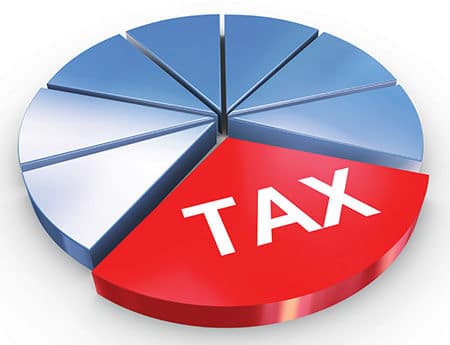Chapter 313 of the Texas tax code allows school districts to grant property tax relief for certain types of corporate locations and expansions. Under these agreements, school districts can agree to forego taxes on a portion of the incremental value of a new facility for a certain period of time through a “value limitation,” thereby encouraging capital-intensive investments.
First, a general note about incentives. In an ideal world, we might prefer that economic development incentives did not exist. However, in the real world they are a fact of life. Economic development is highly competitive, incentives are widely used and communities need such tools to “level the playing field.”
I have studied economic development and related policy for about 35 years, and my firm has been involved in hundreds of studies from both the community and the corporate perspective. I have helped to shape economic development legislation on many occasions and have seen the process at work, so I understand both sides of it.
Companies are highly scrutinized by shareholders and investors and have a responsibility to try to control costs wherever possible (including taxes); incentives can (and often do) spell the difference between locations or determine whether to go ahead with a project. Communities that want to see economic growth and opportunities for residents need targeted strategies to encourage corporate locations and expansions. While incentives are only a piece of the decision process, they can be a crucial part.
Texas has a comparatively high property tax burden, with much of the revenue going to school districts. Property tax agreements such as those allowed by Chapter 313 enable school districts to hold off on taxing a portion of the incremental property value associated with certain investments in new facilities for a set period of time (up to 10 years). After that time, the school taxes the full value. There are often other supplemental payments to schools by the companies during the value limitation term, and the state compensates schools for foregone tax revenue. School districts always come out ahead given the way Chapter 313 works. Furthermore, to be approved, projects must be reasonably likely to generate tax revenue within 25 years that exceeds the tax revenue lost as a result of the agreement.
Clearly, a well-structured decision process is needed to ensure that incentives offered are in the best interest of communities and the state. The Legislature amended Chapter 313 in 2013 (effective Jan. 1, 2014) to enhance the role of the Texas comptroller’s office in deciding whether to grant tax value limitations. Under the tax code, the comptroller can only approve such agreements if “the limitation on appraised value is a determining factor in the applicant’s decision to invest capital and construct the project in this state.”
Schools end up with incremental revenue during the tax abatement period (some from the company and some from the state) and a larger tax base going forward. In addition, communities benefit from the economic activity during construction and operations, which generates tax effects regardless of any value limitations.
Texas’ proactive economic development efforts over the past decade are a notable factor in the state’s current success. Although the oil surge has ended, the Lone Star State is adding jobs and continuing to experience economic growth. For those of us who remember prior cycles in the oil and gas business, the difference is notable. There are a variety of reasons for the successful diversification of the state’s business complex, but economic development policy has certainly played a large role.
With that said, there are almost certainly ways to improve on Chapter 313. Past legislative actions have amended the tax code to eliminate problems that have been identified, and we can expect further tweaks in the future. However, the underlying rationale for allowing school districts to agree to tax value limitations is sound, and the need for such tax relief is an undeniable fact of today’s competitive market for quality corporate locations and expansions. Moreover, because of the competitive landscape for desirable capital-intensive firms, which include many technology and high-end manufacturing sectors with high-paying jobs, a mechanism to reduce the property tax burden is essential. This program does not always garner the headlines of some other development initiatives, but it is absolutely critical to the long-term success of the Texas economy.
M. Ray Perryman is president and CEO of The Perryman Group. He is Institute Distinguished Professor of Economic Theory and Method at the International Institute for Advanced Studies. www.perrymangroup.com






